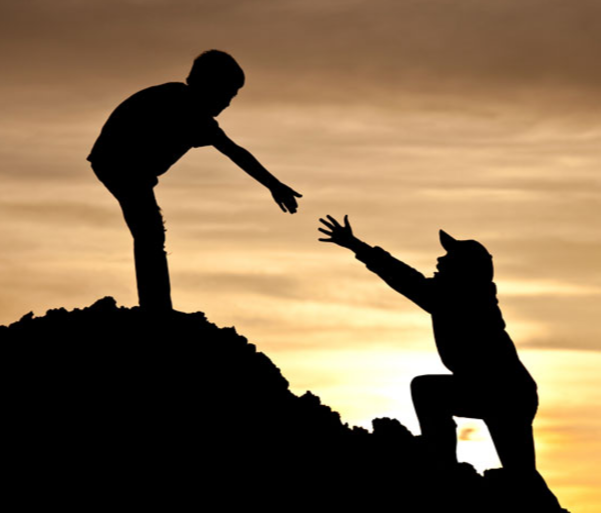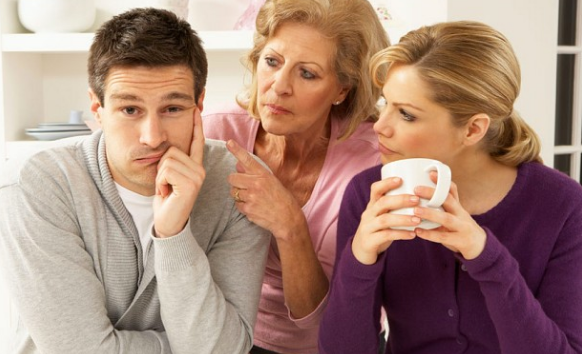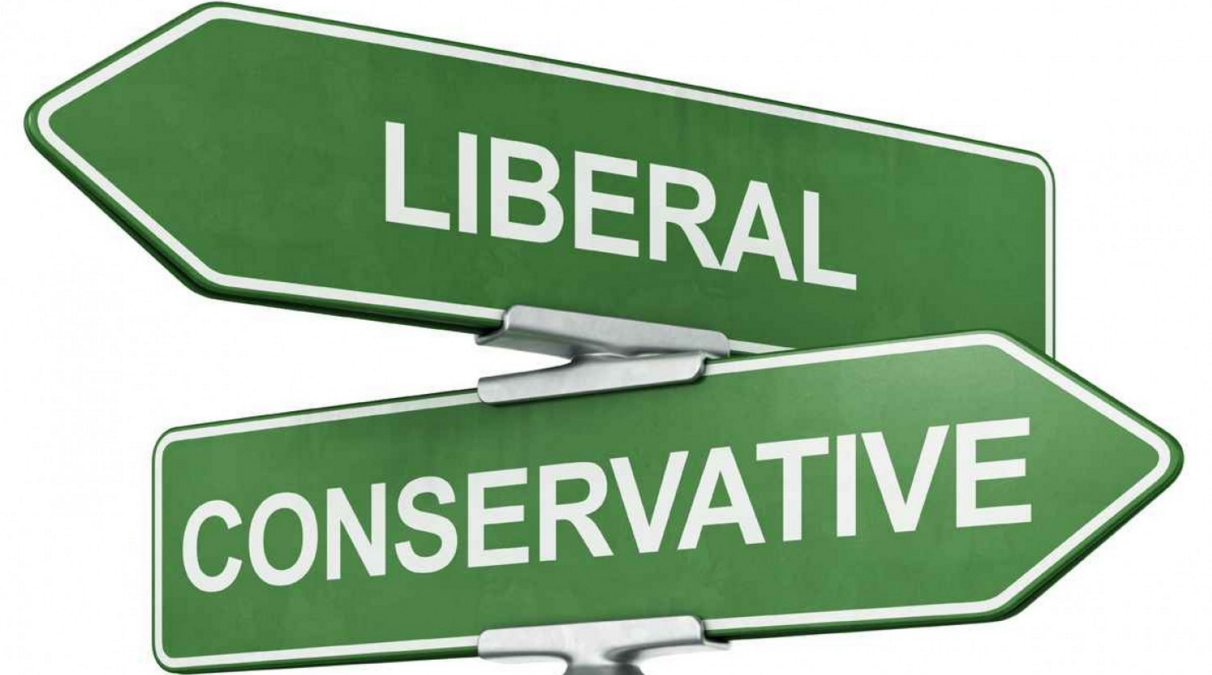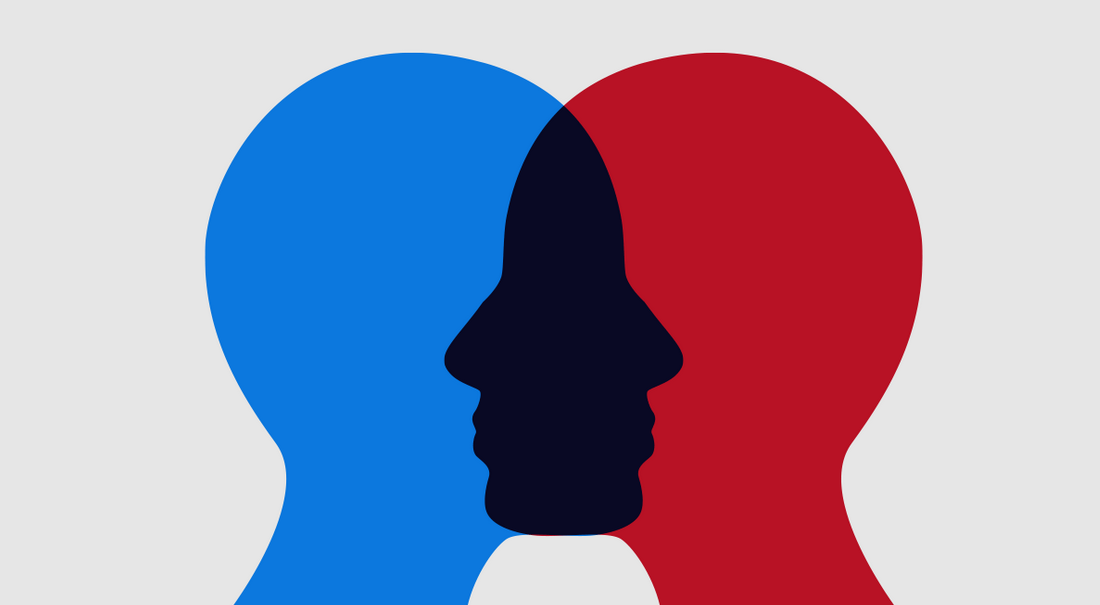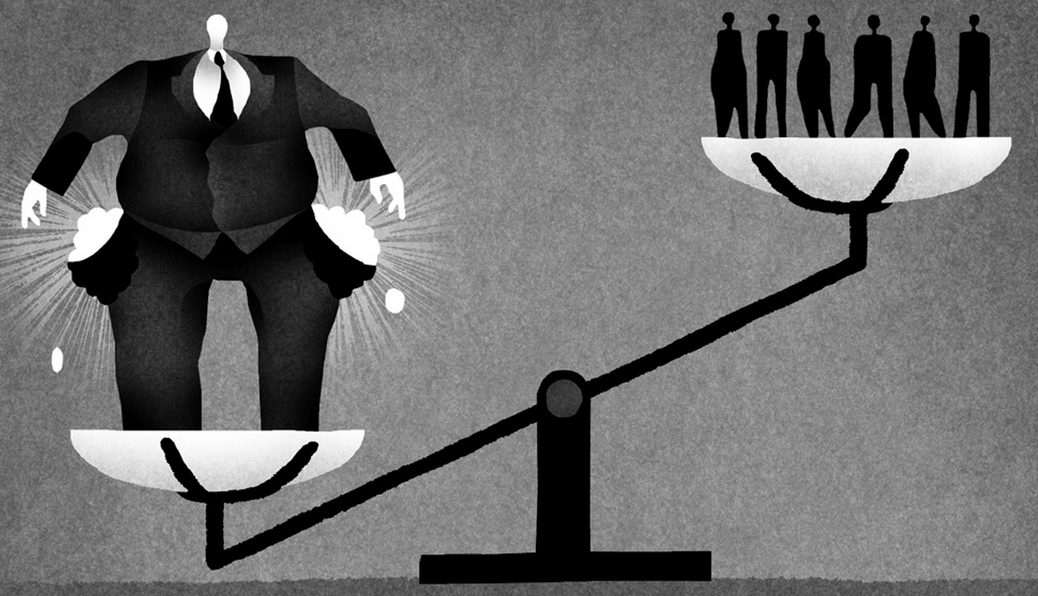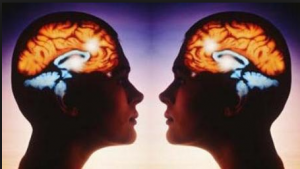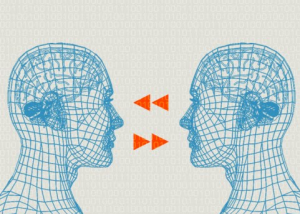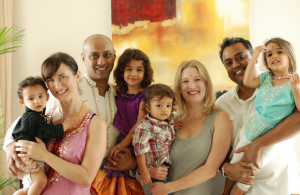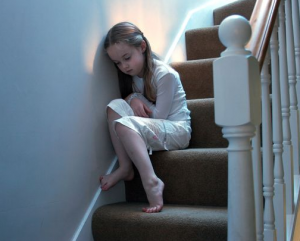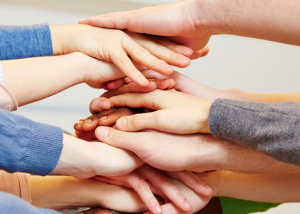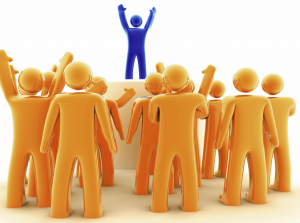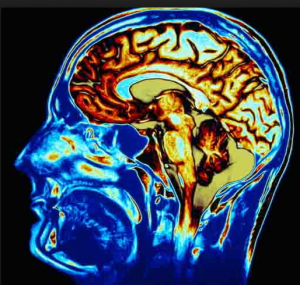Well, people, it looks like the fight over the �e-word� has started again.� Remember last year, when President Obama said that the capacity for empathy was an important criteria for selecting a Supreme Court nominee?� He was quickly attacked by those who apparently heard �empathy� as a code word for some kind of ideological bias.� And shortly after, Obama backed off from using the term.
Last June, I wrote here about why I thought he should keep on using the word empathy, not back away from it.� I have a particular interest in the subject, having written about our national �empathy deficit disorder� in The Washington Post a few years ago — and which I recently updated on my Psychology Today blog. �During last year’s Supreme Court nomination process, critics distorted what empathy is. �It’s �actually the capacity to experience what another person experiences. �It’s what gives you the capacity for wisdom, perspective and sound judgment; not bias or distortion or being bamboozled into the other’s point of view.
Nevertheless, as Obama decides who to nominate as Justice Stevens� replacement, it�s like Yogi Berra said: �It�s d�j� vu, all over again.�
To wit:�A recent article in �The New York Times asks if �Obama is looking for empathy �by another name.�� The piece, by Peter Baker, points out that
A year after Mr. Obama made �empathy� one of his main criteria in picking his first Supreme Court justice, he is avoiding the word, which became radioactive, as he picks his second nominee. Instead, he says he wants someone with �a keen understanding of how the law affects the daily lives of the American people.�
Baker goes on to say,
The issue is more than semantic. �The president emphasizes that while adhering to the rule of law, judges should also be able to see life through the eyes of those who come before the bench. His critics call that a prescription for twisting decisions to reach a desired outcome�..
The dispute became so contentious last year that even Mr. Obama�s nominee for the court, Sonia Sotomayor, disavowed the notion of empathy during hearings before her confirmation, saying that �judges can�t rely on what�s in their heart.�
In the same vein, Lee Epstein, a constitutional scholar at the Northwestern University School of Law, said in the Times piece, �You hear �empathy� and you don�t think impartiality, judicial temperament.�
And getting right to the �heart� (whoops, sorry!) of the matter,
Senator Jeff Sessions of Alabama, the senior Republican on the Judiciary Committee. �It seems to be calling again for judges to be less committed to fidelity to the law and calling for them to reach decisions that somehow endeavor to decide who ought to win.�
All of this posturing should be exposed for the ignorance and manipulation it contains, and presented in hopes that the public will buy it. �We need to emphasize why empathy is a plus, an inborn capacity, and the basis of healing the serious wounds in our global society, as Jeremy Rifkin has written in The Empathic Civilization. �But as�far as the relevance of empathy to the Supreme Court issue, The Nation�s �Katrina vanden Heuvel,�writing in The Washington Post, put it in proper context:
Is it better to have a corporate stooge on the bench than someone capable of understanding how his or her decisions will affect 300 million fellow citizens? Better to have a biased judge than a humane one, a dishonest justice instead of one who�s insightful? �It� goes to show how hysterical those critics have become about empathy.
It�s sad and discouraging to witness fear-fueled distortions coming from elected officials and others. �I hope that President Obama returns to his well-founded support for empathy as a criteria. �It’s especially important at this time in our history when we need more, not less empathy, not only in a Supreme Court justice, but in our society at large, to help face and solve major problems that confront us – economically, socially, psychologically. �As I wrote previously, in the Bible King Solomon asked God for �a heart that listens.� Notice that he didn�t ask for �a head that thinks.� Continue reading →






